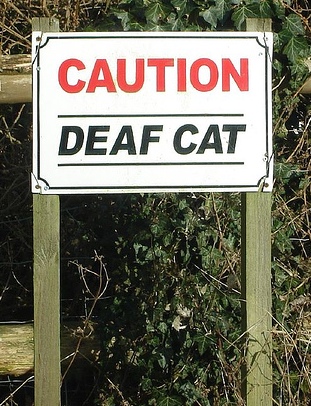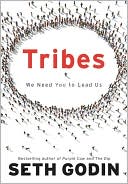 Once again, Facebook stepped in it.
Once again, Facebook stepped in it.
Ten days after surreptitiously claiming unlimited rights to use its customers’ content forever, Facebook earned the wrath of its community, and reversed course. It’s left now to lick its wounds – and it has to opportunity to change. But will it?
Facebook thrives only because its members share their lives with generosity and candor. Some of it is intensely personal – sometimes, it is TMI. But Facebook effectively said, “It’s our property, not yours. Deal with it.”
This reminds me of a great scene in the recent movie, “The Namesake.” At one point, the main character’s new wife blurts out to his friends that he changed his name years previously, and she reveals his given name. The main character was livid, saying she had no right to divulge that information – it was his prerogative alone.
Facebook’s move felt like a similar violation. Within days, many of my friends were thinking of quitting Facebook. Had it gone on much longer, I have no doubt that they would have.
In today’s world, customers are in charge – not the business. Facebook pays lip service to this principle, but ignored it – for the second time in just 15 months. In late 2007, Facebook tried to introduce Beacon, an advertising program where private user information would have been shared with advertisers. After a big protest, Facebook backed off.
Now, we have a repeat offense, which raises doubts about whether Facebook truly understands what happened.
We could speculate about what motivated Facebook – to improve its valuation, to get better ad rates, whatever. Most of it’s probably accurate. But none of it has anything to do with the customers, and everything to do with the company’s self-interest. CEO Mark Zuckerman tried to spin it differently, but seems tone deaf to what happened.
Facebook’s community now writes the rules of the company. If Facebook continues to resist, the community will go elsewhere, and Facebook will die.
What does this have to do with associations? Everything.
Many of us operate in the historic command-and-control model. Staff traditionally controls the connections, the knowledge, and the flow of information. Many of us struggle with implementing social media because it gives the keys of the enterprise back to the members – who, remember, created the association in the first place. It’s a big change. Try as we might to resist this evolutionary change, we cannot.
Our members rule. Staff is there for the ride.


